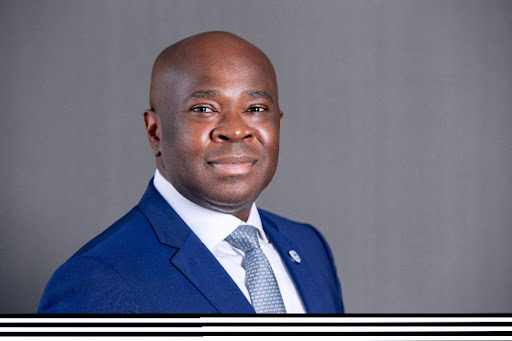Academic curriculum must reflect industry needs – Kwamina Asomaning
“At Stanbic Bank, we currently collaborate with some American universities to address industry needs. They send their students to us to elicit key challenges that need solutions. These are then factored into the training that the schools offer their students. The projects address specific business or management issues with the students assigned to projects based on their interests, qualifications, and experience.
- Advertisement -
Chief Executive of Stanbic Bank Ghana, Kwamina Asomaning, has advised that the academic curriculum should be designed towards meeting the needs of industry.
He made this call at the Academics, Business and Administration Forum (ABAF) launch held at the Accra City Hotel.
- Advertisement -
In his address as the Guest of Honor, Mr. Asomaning highlighted the importance of ensuring that the academic curriculum is in line with the needs of industry players to ensure that students are equipped to make positive contributions in the professional space.
- Advertisement -
He said, “The business school recently graduated over 14,000 students who will need jobs. Are the needs of industry merged with the curriculum they received at school? Internships have been utilized over the years to expose students to practical work related to their studies and careers. This has provided them with basic experience and new skills.”
“At Stanbic Bank, we currently collaborate with some American universities to address industry needs. They send their students to us to elicit key challenges that need solutions. These are then factored into the training that the schools offer their students. The projects address specific business or management issues with the students assigned to projects based on their interests, qualifications, and experience. While the students gained invaluable practical international experience, we received high-quality professional consulting services under faculty supervision. Is it possible for academia in Ghana to adopt such an initiative?”
- Advertisement -
Kwamina Asomaning also commended the organizers for this initiative and encouraged them in their efforts to raise future-ready students.
He mentioned, “I want to commend the organizers for creating this forum, which provides a platform for dialogue, idea exchange, and collective action. The diverse expertise and perspectives represented here today highlight our commitment to progress. Our goal is to make a positive impact on the lives of all our citizens. I want to emphasize the importance of involving students and youth in our discussions. They are the innovators of our country, and their voices and perspectives are invaluable. Let’s create opportunities for them to learn, grow, and contribute to our collective effort.”
Over the years, Stanbic Bank has shown support to academia through various initiatives. Last year the bank donated 50 laptops to the University of Ghana in support of the Vice Chancellors’ One Student One Laptop (1S1L) initiative.
The bank collaborated with the Women in STEM Ghana (WiSTEM) to train, equip and inspire 200 girls from 23 senior high schools to learn and develop their skills and knowledge in Science, Technology, Engineering and Mathematics (STEM). Many other educational institutions have benefited from the bank’s STEM-focused interventions, including KNUST, Takoradi Technical University, Sunyani School of Professional Studies, Blessed Holy Child Academy etc.
Academics, Business, and Administrators Forum (ABAF), is a platform dedicated to the promotion of synergies between academia and industry for effective development. The launch was chaired by Prof. Emmanuel Ohene Afoakwa, Vice-Chancellor of the Ghana Communication Tech.
- Advertisement -


